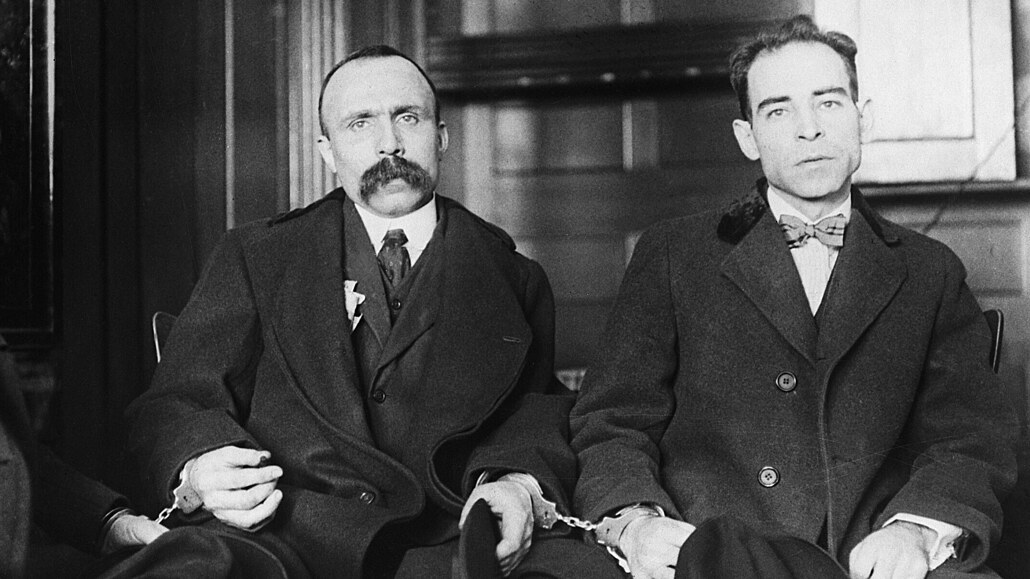Songs To While Away The Class Struggle By-In Honor Of The Frontline Defenders Of The International Working Class-From Our Forebears The Diggers Of The English Revolution-“The World Turned Upside Down”
A YouTube film clip of Billy Bragg (Known In This Space As Narrator Of Woody Guthrie And His Guitar: This Machine Kills Fascists )performing The World Turned Upside Down.
****
An Injury To One Is An Injury To All!-Defend The International Working Class Everywhere!
********
Fight-Don’t Starve-We Created The Wealth, Let's Take It Back! Labor And The Oppressed Must Rule!
********
A Five-Point Program As Talking Points
*Jobs For All Now!-“30 For 40”- A historic demand of the labor movement. Thirty hours work for forty hours pay to spread the available work around.Organize the unorganized-Organize the South- Organize Wal-Mart- Defend the right for public and private workers to unionize.
* Defend the working classes! No union dues for Democratic (or the stray Republican) candidates. Spent the dough instead on organizing the unorganized and on other labor-specific causes (good example, the November, 2011 anti-union recall referendum in Ohio, bad example the Wisconsin gubernatorial recall race in June 2012).
*End the endless wars!- Immediate, Unconditional Withdrawal Of All U.S./Allied Troops (And Mercenaries) From Afghanistan! Hands Off Pakistan! Hands Off Iran!Hands Off Syria! U.S. Hands Off The World!
*Fight for a social agenda for working people! Quality Free Healthcare For All! Nationalize the colleges and universities under student-teacher-campus worker control! Forgive student debt! Stop housing foreclosures!
*We created the wealth, let’s take it back. Take the struggle for our daily bread off the historic agenda. Build a workers party that fights for a workers government to unite all the oppressed.
*********
As Isaac Deutscher said in his speech “On Socialist Man” (1966):
“We do not maintain that socialism is going to solve all predicaments of the human race. We are struggling in the first instance with the predicaments that are of man’s making and that man can resolve. May I remind you that Trotsky, for instance, speaks of three basic tragedies—hunger, sex and death—besetting man. Hunger is the enemy that Marxism and the modern labour movement have taken on.... Yes, socialist man will still be pursued by sex and death; but we are convinced that he will be better equipped than we are to cope even with these.”
Emblazon on our red banner-Labor and the oppressed must rule!
**********
Markin comment:
In this series, presented under the headline Songs To While Away The Class Struggle By, I will post some songs that I think will help us get through the “dog days” of the struggle for our communist future. I do not vouch for the political thrust of the songs; for the most part they are done by pacifists, social democrats, hell, even just plain old ordinary democrats. And, occasionally, a communist, although hard communist musicians have historically been scarce on the ground. Thus, here we have a regular "popular front" on the music scene. While this would not be acceptable for our political prospects, it will suffice for our purposes here.
THE FOLLOWING IS A SONG BASED ON THE DIGGER EXPERIENCE IN 1650
If John Milton was the literary muse of the English Revolution then the Diggers and their leader, Gerrard Winstanley, were the political muses.
The World Turned Upside Down
In 1649 to St. George's Hill
A ragged band they called the Diggers came to show the people's
will
They defied the landlords, they defied the laws
They were the dispossessed reclaiming what was theirs.
We come in peace, they said, to dig and sow
We come to work the lands in common and make the waste
ground grow
This earth divided we will make whole
So it may be a common treasury for all "**
The sin of property we do disdain
No man has any right to buy or sell the earth for private gain
By theft and murder they took the land
Now everywhere the walls spring up at their command
They make the laws to chain us well
The clergy dazzle us with heaven, or they damn us into hell
We will not worship the God they serve,
a God of greed who feeds the rich while poor folk starve
We work and eat together, we need no swords
We will not bow to masters, nor pay rent to the lords
Still we are free, though we are poor
Ye Diggers all, stand up for glory, stand up now!
From the men of property the orders came
They sent the hired men and troopers to wipe out the Diggers'
claim
Tear down their cottages, destroy their corn
They were dispersed - only the vision lingers on
Ye poor take courage, ye rich take care
This earth was made a common treasury for everyone to share
All things in common, all people one
They came in peace - the order came to cut them down
WORDS AND MUSIC BY LEON ROSSELSON, 1981
******








